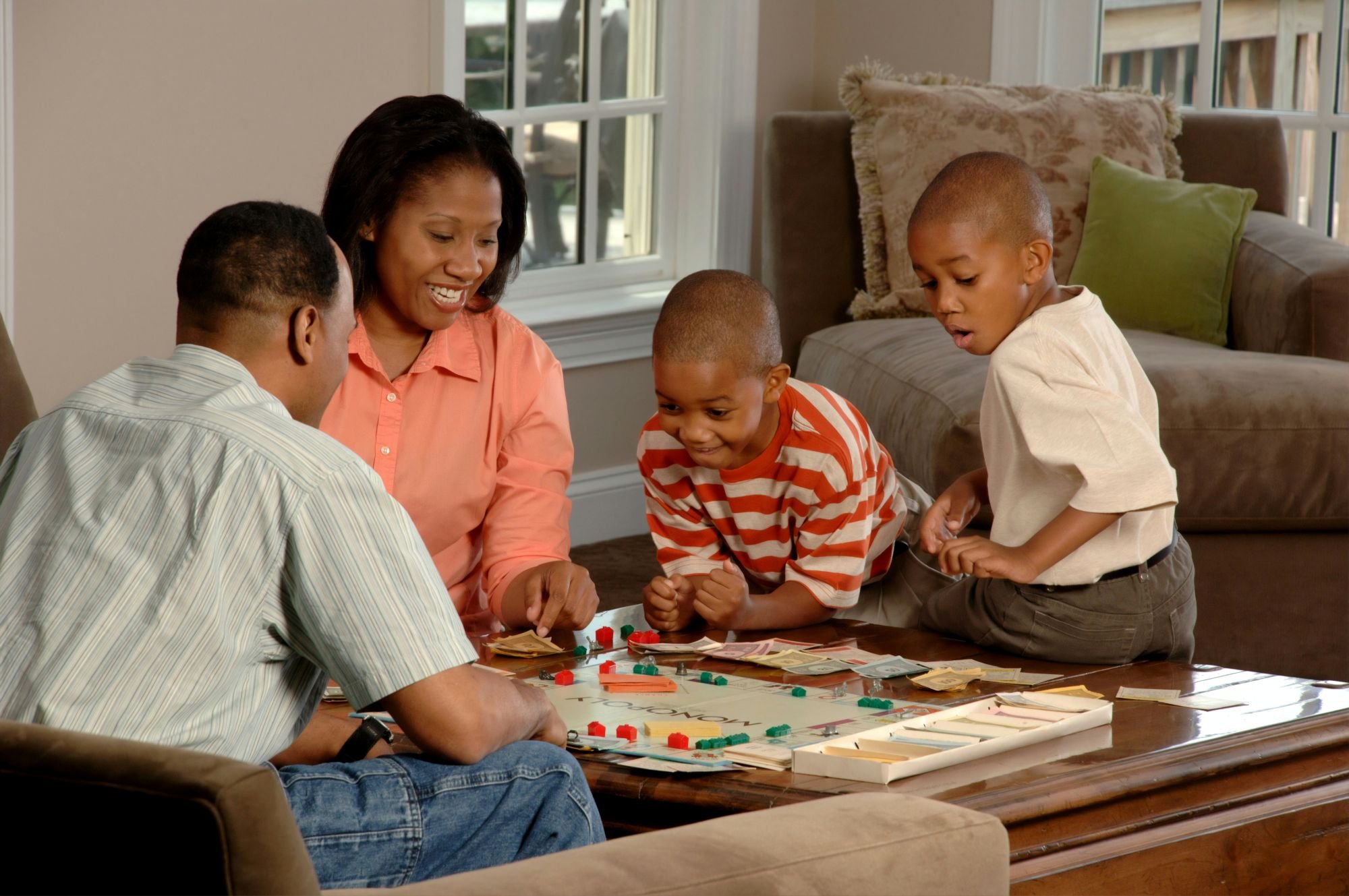
Connected Parenting: Strategies for a Stronger Relationship with Your Child
A strong parent-child relationship can provide a foundation for a child's emotional well-being and development. While every family is unique, certain practices consistently foster positive connections between parents and children. Here are some strategies to help strengthen these relationships and create a secure, nurturing environment for your child.

Understanding Post-Restraint Collapse in Children: What It Is and How to Support Them
Post-restraint collapse refers to the emotional breakdown or outburst a child might experience after having to “hold it together” in a high-stress or overstimulating environment. During these moments—such as at school, during a doctor’s appointment, or at a family gathering—children may restrain their emotions to meet behavioral expectations. However, this takes a toll on their emotional reserves.

Making Sense of Big Behaviors
One of the most challenging phases of parenting can be when there are big, explosive behaviors happening with our little -and not so little- children. This can be an exhausting and humiliating experience (especially when it happens in public places!) and it can create a sense of helplessness for everyone affected.

How to Help Your Child Respond to Anger in Healthier Ways
Therapist Leanne Rohrbach, LCSW shares how to help your child respond to anger in healthier ways.

What Parents Need to Know When Taking Your Child to Play Therapy
Deciding to take yourself to therapy can be a vulnerable and scary step for anyone and is filled with lots of unknowns. Bringing your child to therapy can feel just as vulnerable and scary for both you and your child. Here are some things you can expect when you decide to bring your child to therapy for the first time.

Five Do’s and Don’ts of Separation Anxiety
If you have a child who is struggling with separation anxiety you’ve probably been searching for separation anxiety tips to help ease their struggle. Here are five do’s and don’ts for helping your child with separation anxiety.

What Are The Benefits of Play Therapy?
As a child therapist I’m often asked by parents what play therapy even is and what the benefits are. Just like when restaurants offer a children’s menu and an adult’s menu, what children need from therapy will look different to what adults need. As adults we are used to talk therapy where maybe we come in, sit down, talk about what’s going on and leave with ideas and tools. But play therapy can be very different from that. Why? Because play is the language of children.

10 Questions to Ask Yourself Before Throwing In the Towel on Your Marriage
Making the decision to stay or leave your marriage may seem overwhelming in the wake of a revealed affair or other traumatizing event. It’s normal upon hearing that a spouse has been unfaithful to assume the marriage is over and that the love you once shared is gone forever. Both partners may feel highly emotional and perhaps hopeless about their future together.

You’ve Got Dragons: An Upcoming Story Time at Wasatch Family Therapy
My colleague, Amy Lambert LCSW, and I are hosting a one-day workshop for kids ages 6-11 who experience anxiety in learning how to help themselves increase their ability to access their rational brains, meaning they will be better able to problem solve what to do when they feel overwhelmed by their anxiety.

Give the Gift of Love
While there are many parenting books, there is not one way to parent a child. Children are unique, and therefore, need to be parented in different ways. What works for you may not work for your sister or your neighbor.

Worry Monster Part 2: Trust your Child will Survive Being Scared
After reading Worry Monster Part 1 you better understand that your child has an extra sensitive alarm system that is triggering fight or flight unnecessarily. Now that you understand the underlying mechanisms, it is time to jump into what we can do that will actually help address this underlying system that is wreaking havoc.

5 Skills to Improve Communication with Your Child
Christina Da Costa, CSW, writes about Parent-Child Interaction Therapy and its benefits.

How to Help Your Child Become More Empathetic
Lesli Mortensen, AMFT, writes about how to teach kids empathy.


Worry Monster Part 1: Understanding Your Child’s Fears and Anxieties
Amy Lambert, LCSW, writes about how parents can better understand their child’s worries.

My kid is lying! What now?
Olivia Nash, CSW, writes about what to do when your child lies.


Values - Attitudes - Behavior
Jeff Lundgren, ACMHC writes blog about Values, Attitudes, and Behaviors.

New Year’s Resolutions for Perfectionists: Exploring Compassion and Goal-Setting
Jessica Champlin, CSW writes a blog about New Year’s Resolutions for Perfectionists
